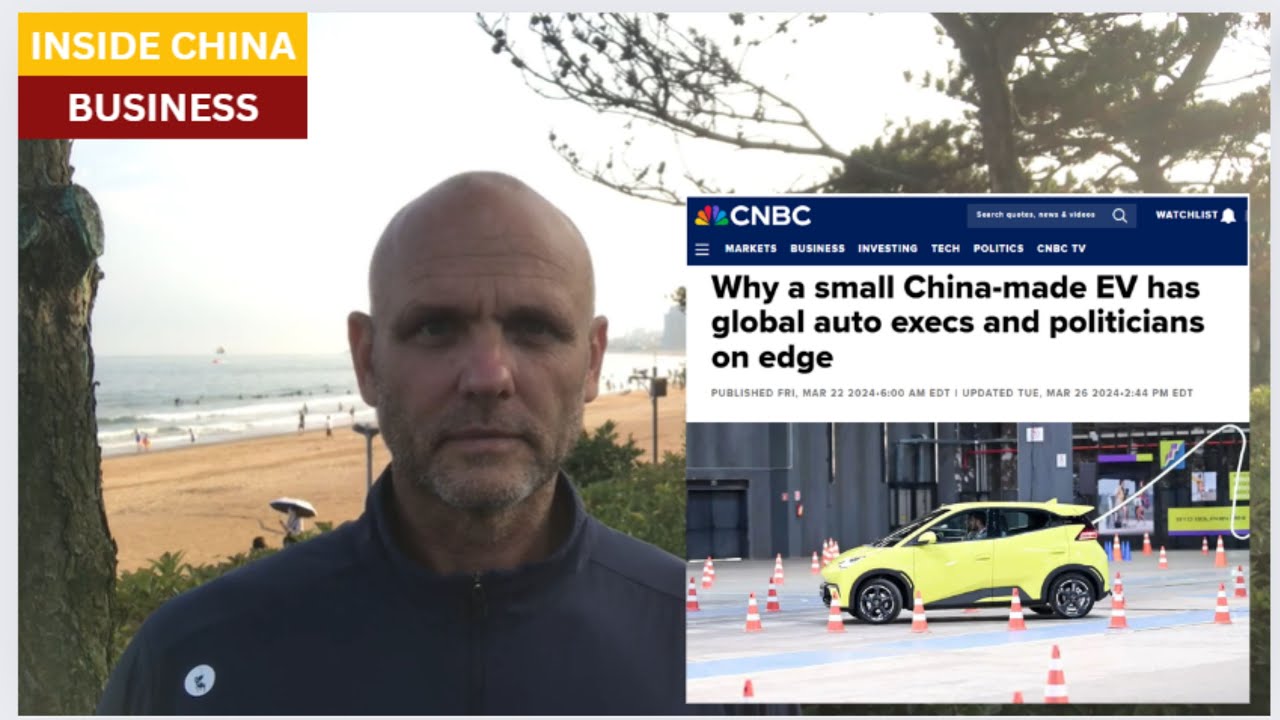Auto industry insiders were stunned when Caresoft, a highly regarded engineering consulting firm, tore down BYD's mass-market EV, the Seagull.
Priced around $11,000, the engineers found the Seagull to be well-designed, user friendly, rich with options, and of surprisingly high quality and reliability.
The US automakers reacted swiftly, and produced reports insisting that BYD's entrance into US car markets would be met with strong enthusiasm from buyers, and legacy carmakers would be unable to survive.
Because of the Seagull's low price point, US tariffs of 25% would be irrelevant: BYD could still make high profits even after the tariffs were paid. Or, BYD could simply place final assembly plants in Mexico and avoid them altogether. Aware of this, the Biden Administration in May jacked the tariffs up to 100%, and announced that Chinese car plants even in tariff treaty countries would be cut off from US markets.



No, but they still cost more. When you're selling cars at a massive scale, marginal gains add up. It's why Ford killed people with the Pinto's explosive gas tank to save $11 per car. It's why Tesla doesn't include a gauge cluster, turn signal stalk, or gear selector in the Model 3. It's why new cars seem to never include spare tires anymore. Marginal gains at a massive scale are massive gains.